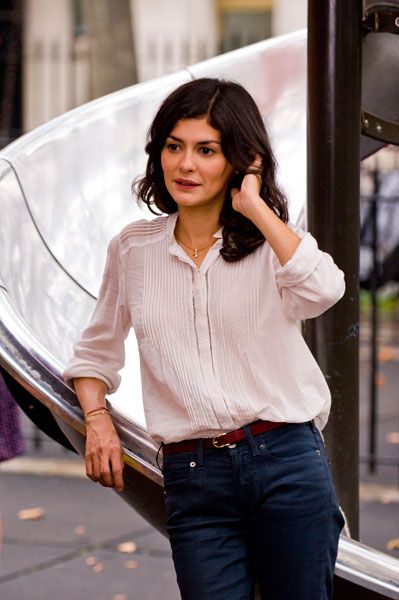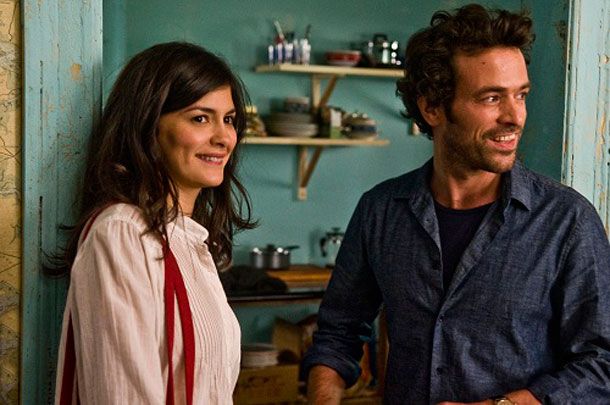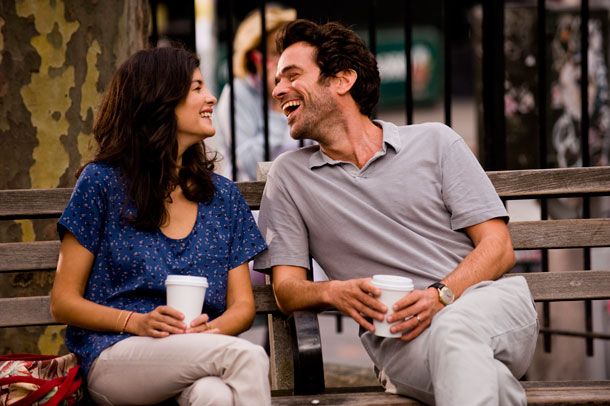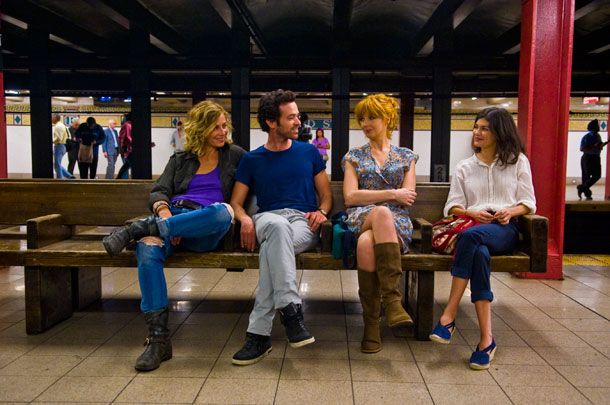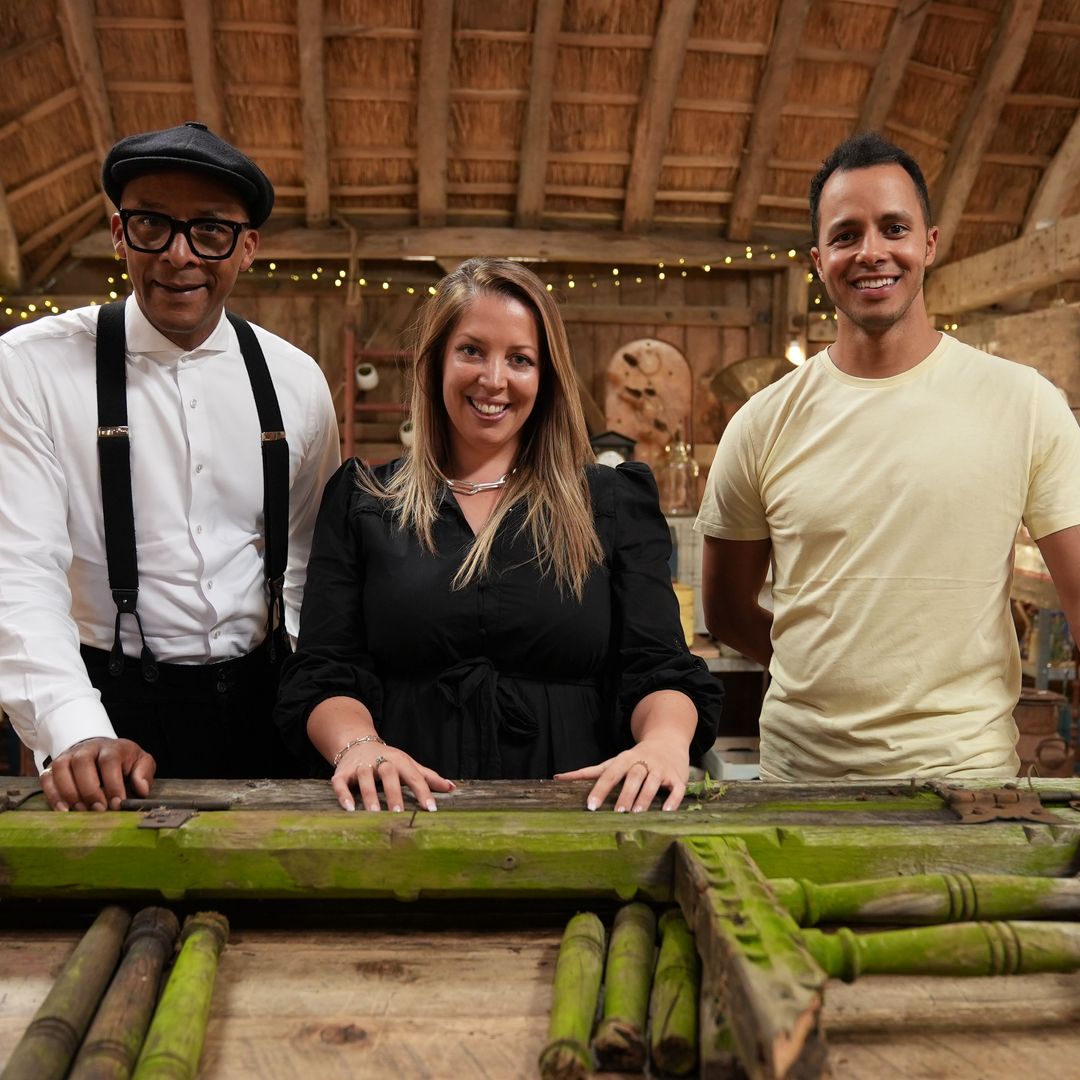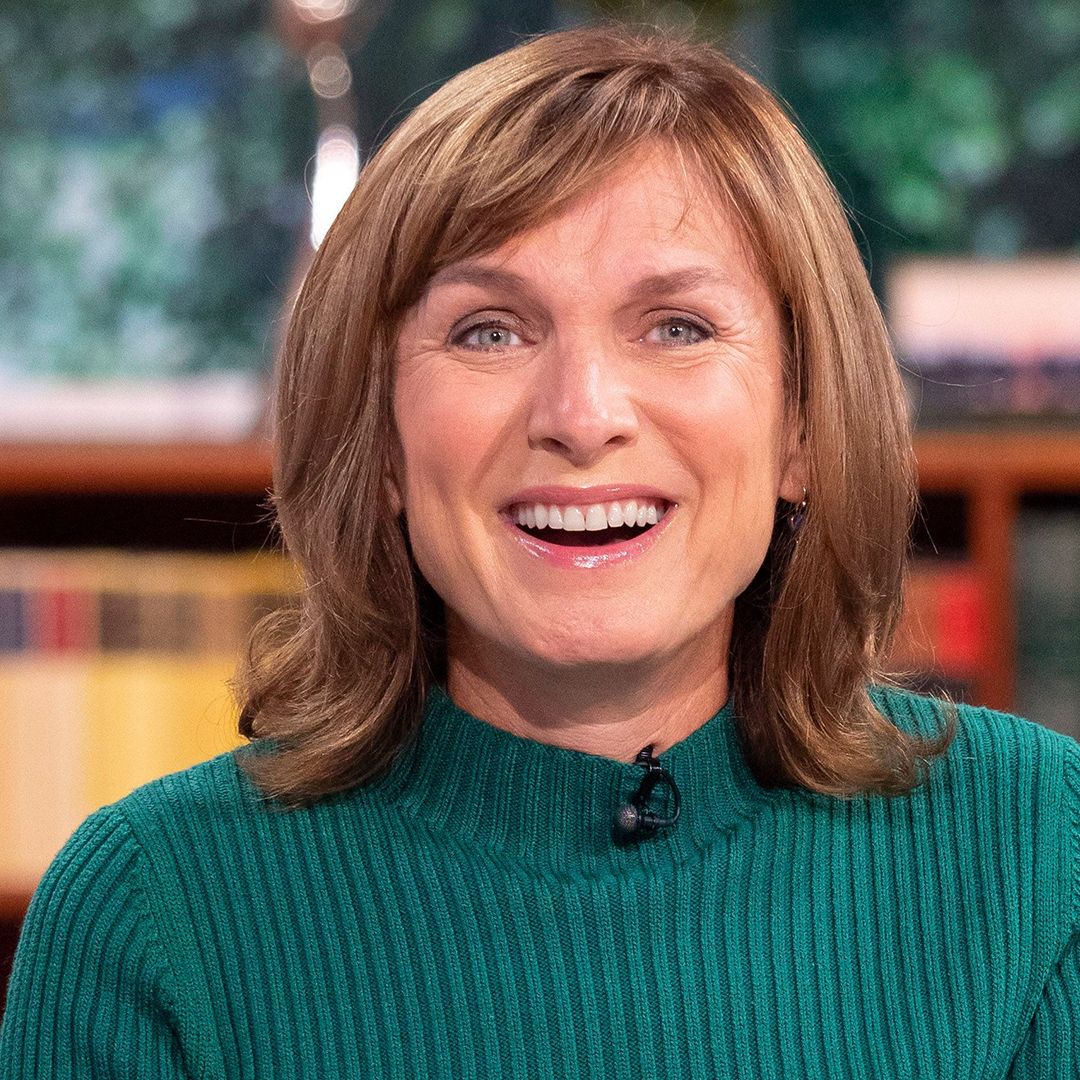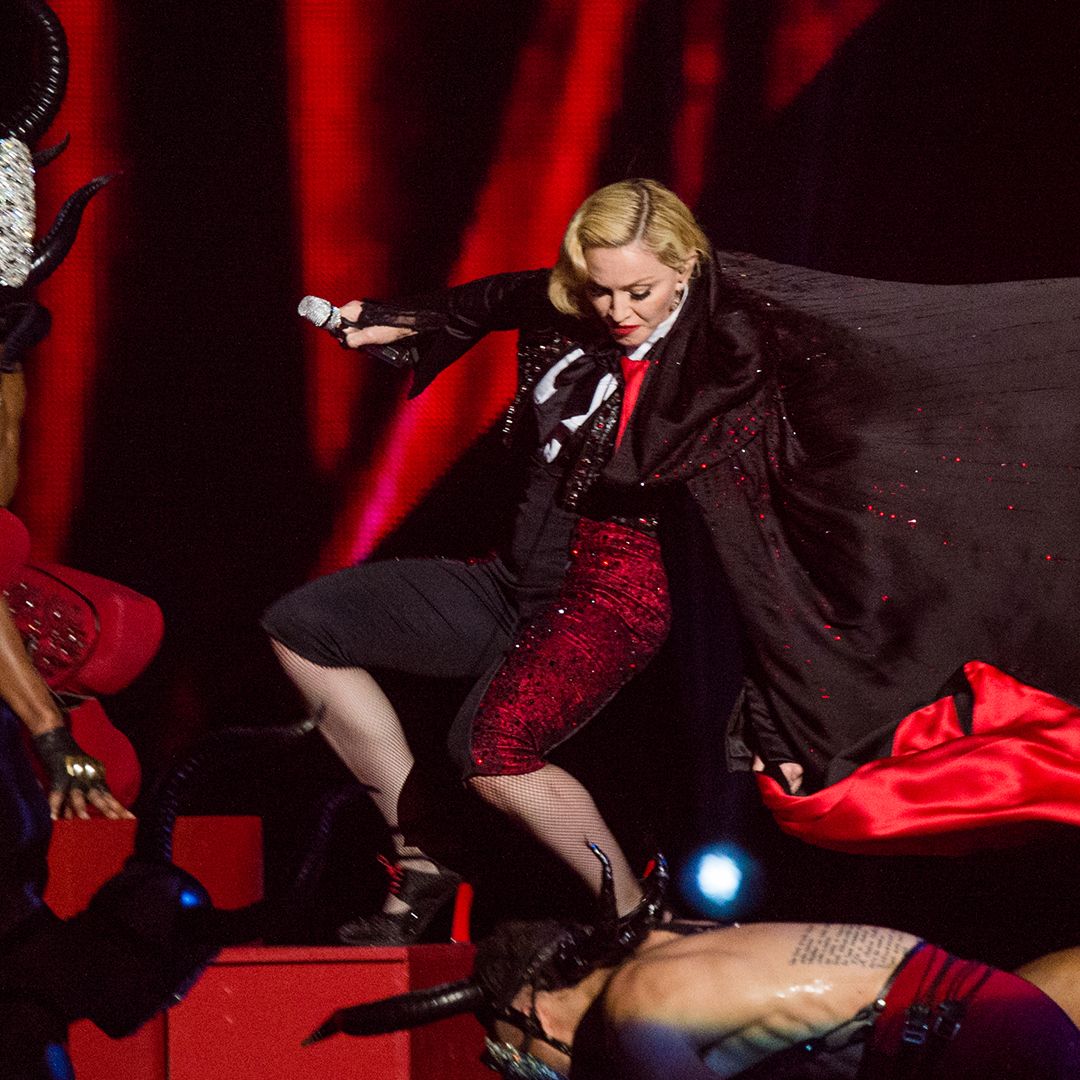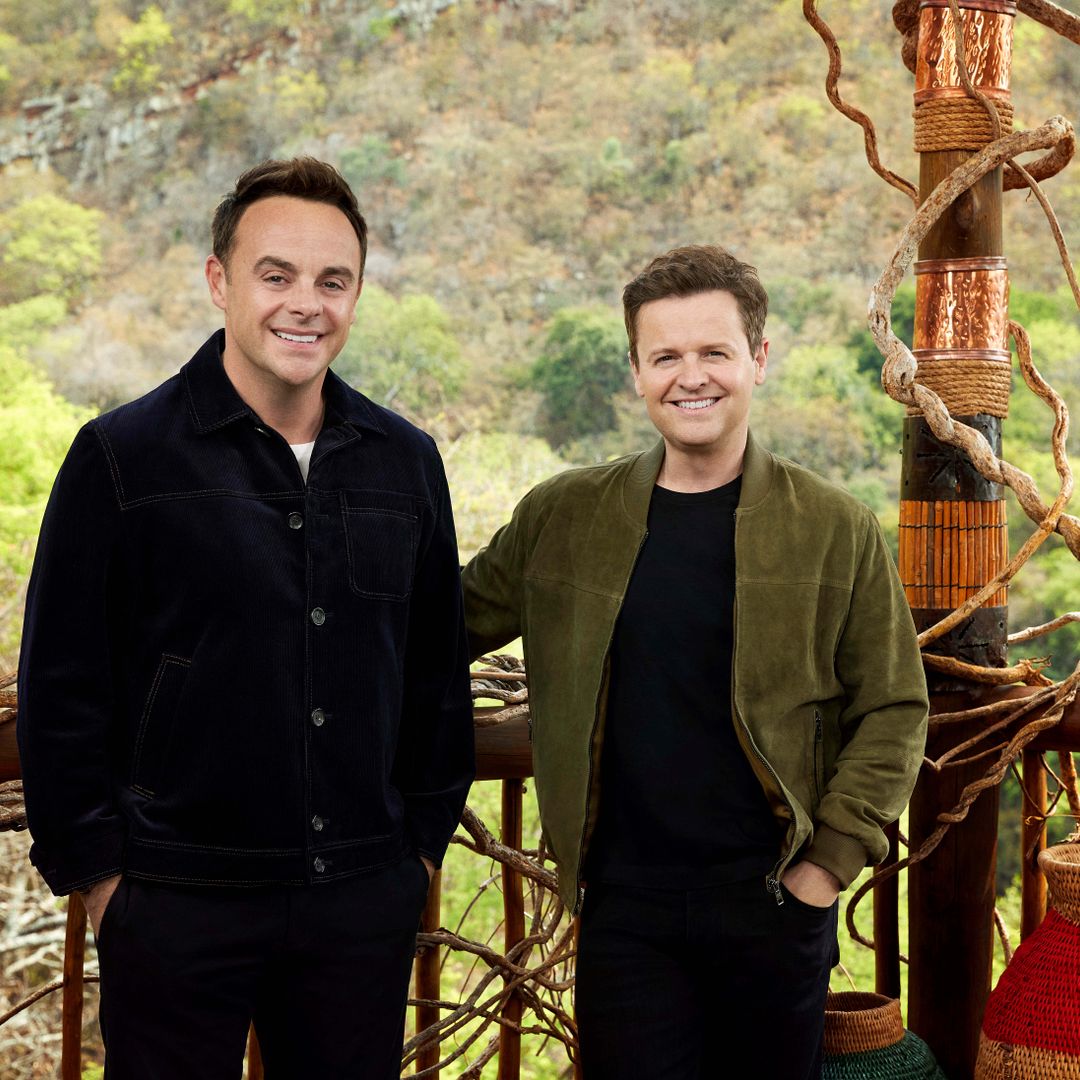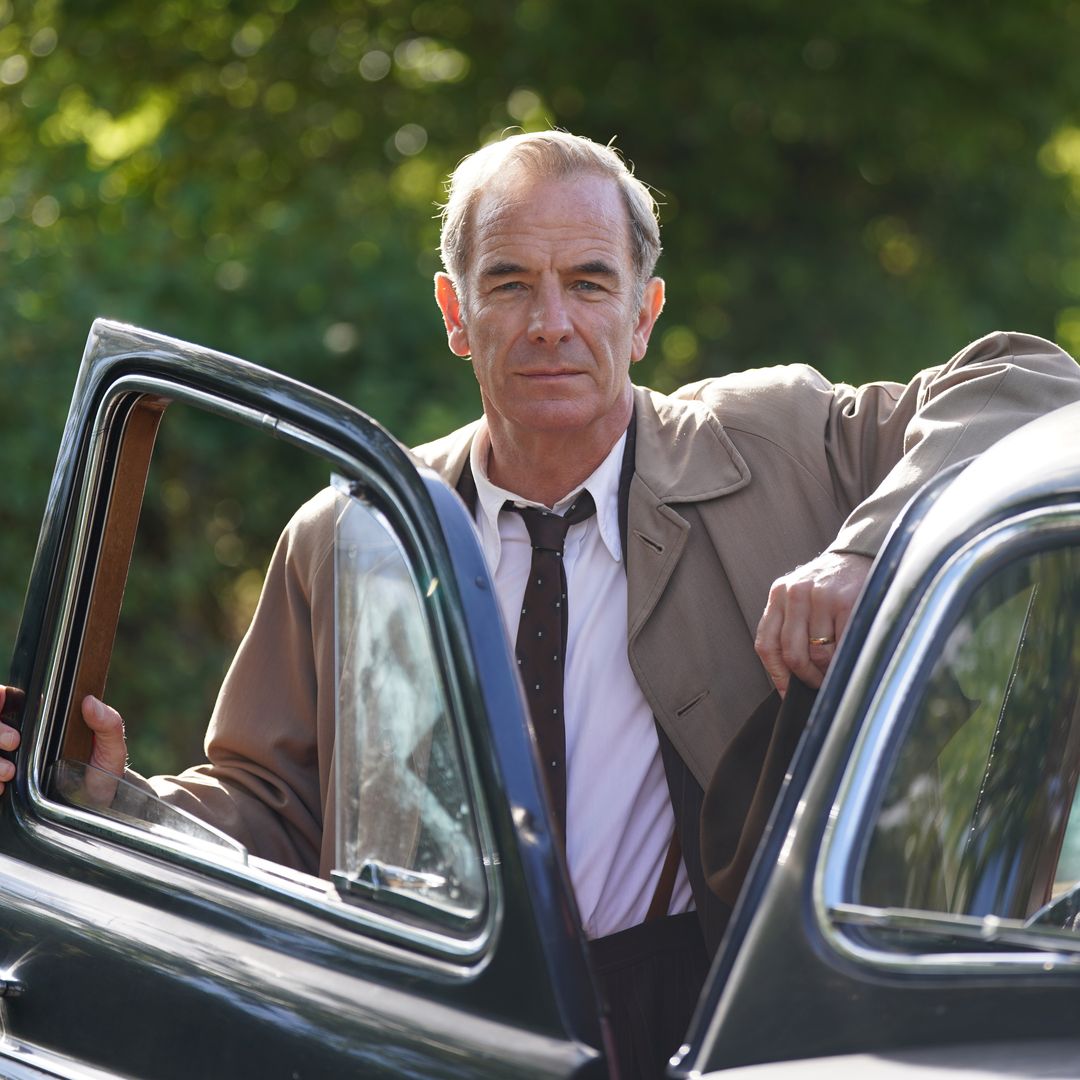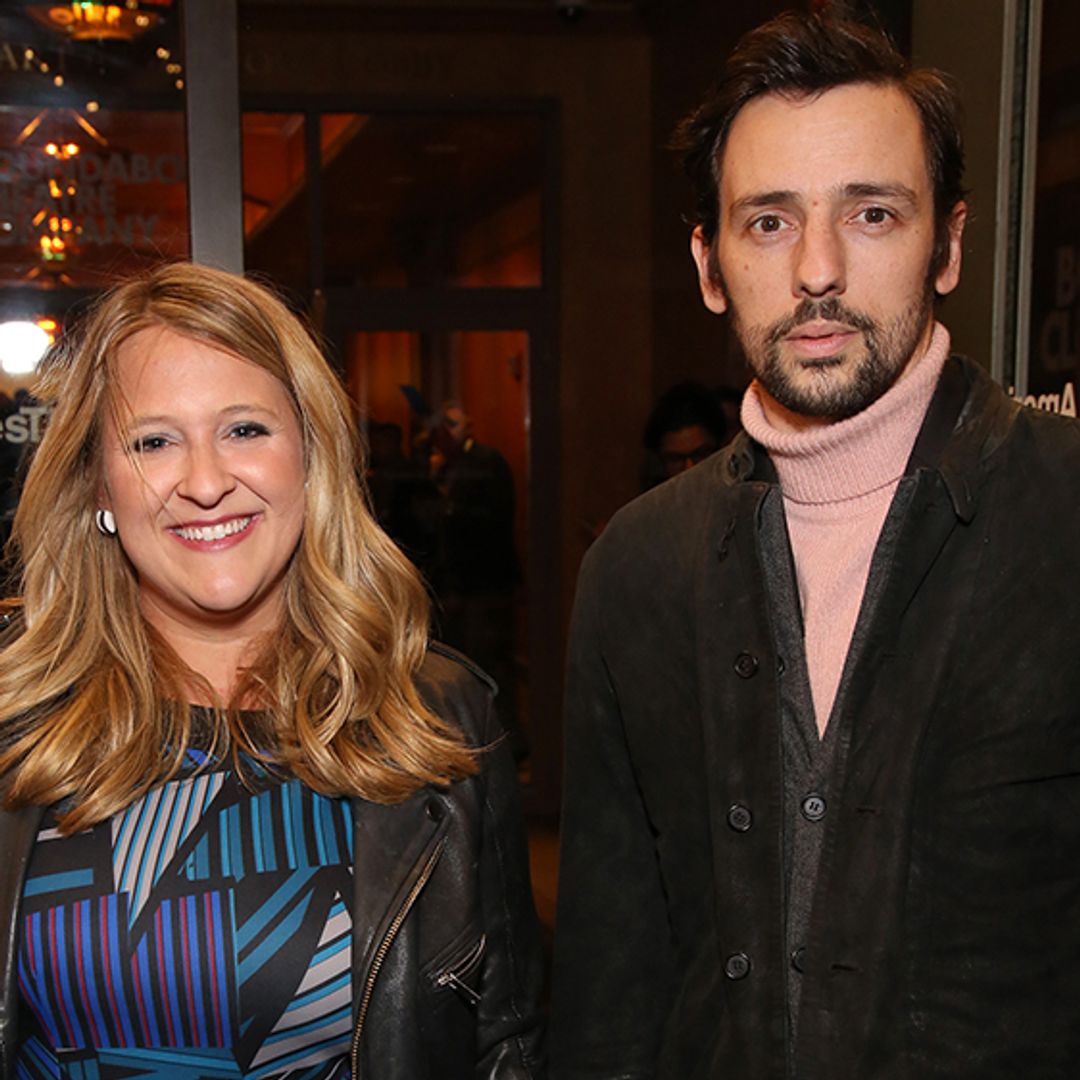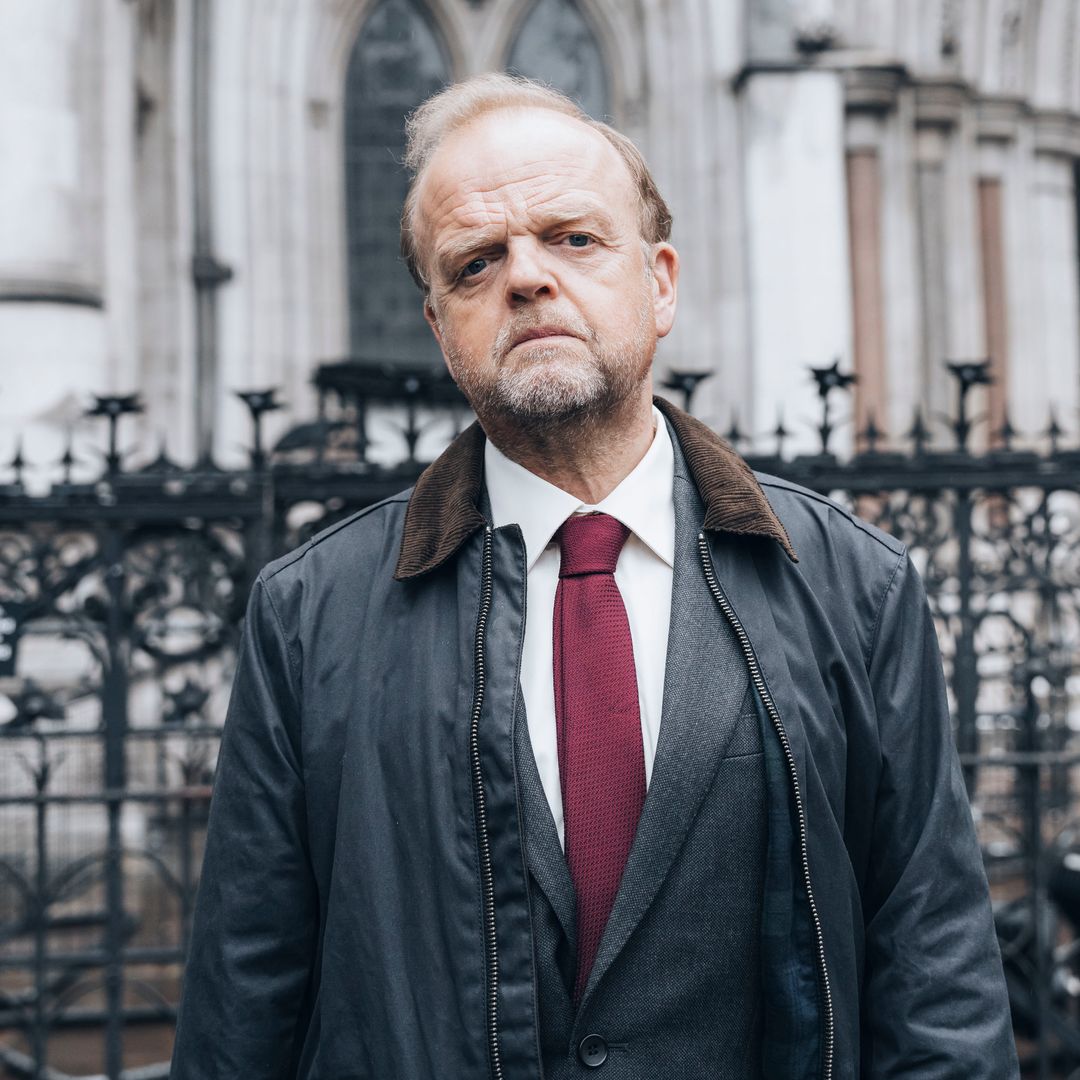This summer, quirky actress Audrey Tautou is set to appear in two French films hitting UK cinemas: Cedric Klapisch's Chinese Puzzle and Michel Gondry's Mood Indigo.Ahead of the two films, Audrey opened up about why she doesn't want a Hollywood film career, and also reveals the challenges she faced during filming, including having to learn Chinese. Scroll below to find out why Audrey doesn't want to be part of Hollywood
We didn’t know if he would do a third movie but then he called us and took us out to dinner and asked us if we would want to do another movie together. And we all said, "Yes, of course!" After that, he started to write. He asked us to set aside a few months, so we did. I was on for three weeks, if I remember correctly. My role is bigger in this one from the previous two although that’s not something I’m really concerned about. I don’t care if a part is big or small; the important thing is that it is interesting.
How was it getting back together with everyone for the shoot?It was so comfortable because I know all of them quite well. I had just shot Mood Indigo with Romain before for a few months. We had stopped end of July, I took my holidays in August, and then we were back together in September on Chinese Puzzle. It was great, it was very nice. And I love Kelly and Cecile too so you are in confidence.
What was it like playing opposite Romain as an onscreen couple?I love Romain. I adore him. I admire him very much as an actor. We’ve made four movies together but on L’Auberge Espagnole and Russian Dolls, my part was quite small and I didn’t have that many days of shooting. We knew each other and we knew we enjoyed working together but it wasn’t until Mood Indigo and Chinese Puzzle that we really got to be accomplices. It was a great experience. We feel very close to one another.
Weeks, not months! I had to practice every day. It’s a very difficult language and I wanted to show on screen that I was really talking fluently. These kind of scenes, even if they are short, they require a lot of preparation just to be able to feel the freedom to act when you shoot. It’s a question of pleasure.
Did you have a Mandarin teacher?I had a Chinese student who I saw almost every day when I was not shooting and she made me practice very hard. I recorded my lines and listened to them; I was trying to get used to listening to Chinese people talking and to be able to recognise some words and know what they were saying.
Could you recite it for me now?I remember some of it but it’s so precise that I’m sure that I would be wrong! Because each syllable means something different depending on the intonation. Take ‘ba’ for instance: there are four different intonations and each one means something completely different. So can you imagine? It took me a few weeks even to notice that I had made mistakes. But it was fascinating. I love my job for that. I would love to play a pianist so I knew that for three months I would have to play piano every day and I would progress and improve. Or I would love to play somebody who speaks Spanish because I’ve always dreamed of learning the language. I like my work for that adventure and how we are able to learn through it.
It’s a funny idea. It’s singular and it happens in life sometimes so why not? And I really love this character of Martine. For me, she is really funny. She’s so strong and yet so weak at the same time. She can be very direct and then cry the second after. I really love that about her.
How was it shooting the film in New York?I loved it. I had shot a movie in New York a few years ago and that was great. I lived there for six months and I wanted to stay in New York. My grandmother was very worried but I ended up going back to Paris. But I didn’t have the main part in Chinese Puzzle so I had some free time. I had my apartment and I loved living there. Most of us were living in the Lower East Side, close to Chinatown, where we shot a lot of scenes. I love being in this city.
So on to your second film coming out this summer… Why did you want to star in Mood Indigo?First of all, I adore the films of Michel Gondry. He’s a director with so much imagination and I would have never dreamt of him asking me to work with him. And secondly, I had read Boris Vian’s novel when I was a teenager and absolutely loved it. So that makes two very good reasons to accept this project.
When I first read the novel, I was particularly moved by the love story and by the poetic imagination and the fantasy that existed in the book. When I re-read the book before making the film, I was stunned to see how it was really rooted in a social reality that I hadn’t seen when first reading it. I thought this part was even more important than the love story. I find Michel’s film is a pretty good balance between the poetic vision and the social vision, which were both in the book.
Michel Gondry said that at the start of the shoot you didn’t like not feeling in control because in every scene there were so many props or other elements like animation to deal with. Did you find that aspect challenging?It’s true that I have the desire to build a character and I like mastering every tiny aspect of that character. But my way of working doesn’t prevent any spontaneity or freedom or right to improvise. I think these things are very important too. But it is true that Michel Gondry has a way of working that is rather disorganised, although I found that, in the end, it brought a lot to me as an actor.
Did the technical precision required to shoot certain scenes ever get exasperating?No, not at all. There were days that were more complicated than others because, technically, there were so many difficult things to achieve, so many things to animate or stunts to do. It was certainly not an ordinary shoot but most of the time all these things that were happening around us helped us, served us and inspired us. It’s wonderful to act in a real universe, even it’s not a realistic one; it’s much easier to do that than to act in front of a green screen.
On the set, he is a tsunami; a tsunami of ideas. But when it comes to the moment of shooting, we are still in the tsunami but it’s very playful. Every shooting day was so creative. Yes, there was constant movement around me but it was interesting and nice to live in it. Michel is so creative so it was a very lively shoot and even when I wasn’t acting in a scene, every day I had the pleasure of being a spectator. I felt very lucky to watch how they were preparing the animation, painting, building the sets… Everything was so fascinating. I’m a very curious person and I really like to see what’s going on behind the scenes.
Even though you starred in The Da Vinci Code opposite Tom Hanks, you haven’t pursued a Hollywood career. Why is that?I like this kind of experience but I like them when they remain exceptional and occasional. I never had the desire to go to Hollywood and make a career there because I think it’s very difficult when you are foreign to get interesting parts in American films, or parts that are key to the movie. Also, I love French cinema; I feel I have a very special place in it and I’m very privileged as such.
You turn 38 this year. How are the roles changing? Are you pleased with the kinds of projects that you are being offered?Obviously when you get older, the parts change. This is part of being an actor. There are parts that you won’t be offered anymore but there are new opportunities opening up and new roles coming to you and I think this is absolutely fantastic. It’s one of the great advantages of our profession: that it moves alongside with us. I’m very curious to see what the future holds. I can honestly say that I’m happy to age, or at least that I am happy to get more mature.
Chinese Puzzle is in cinemas today
